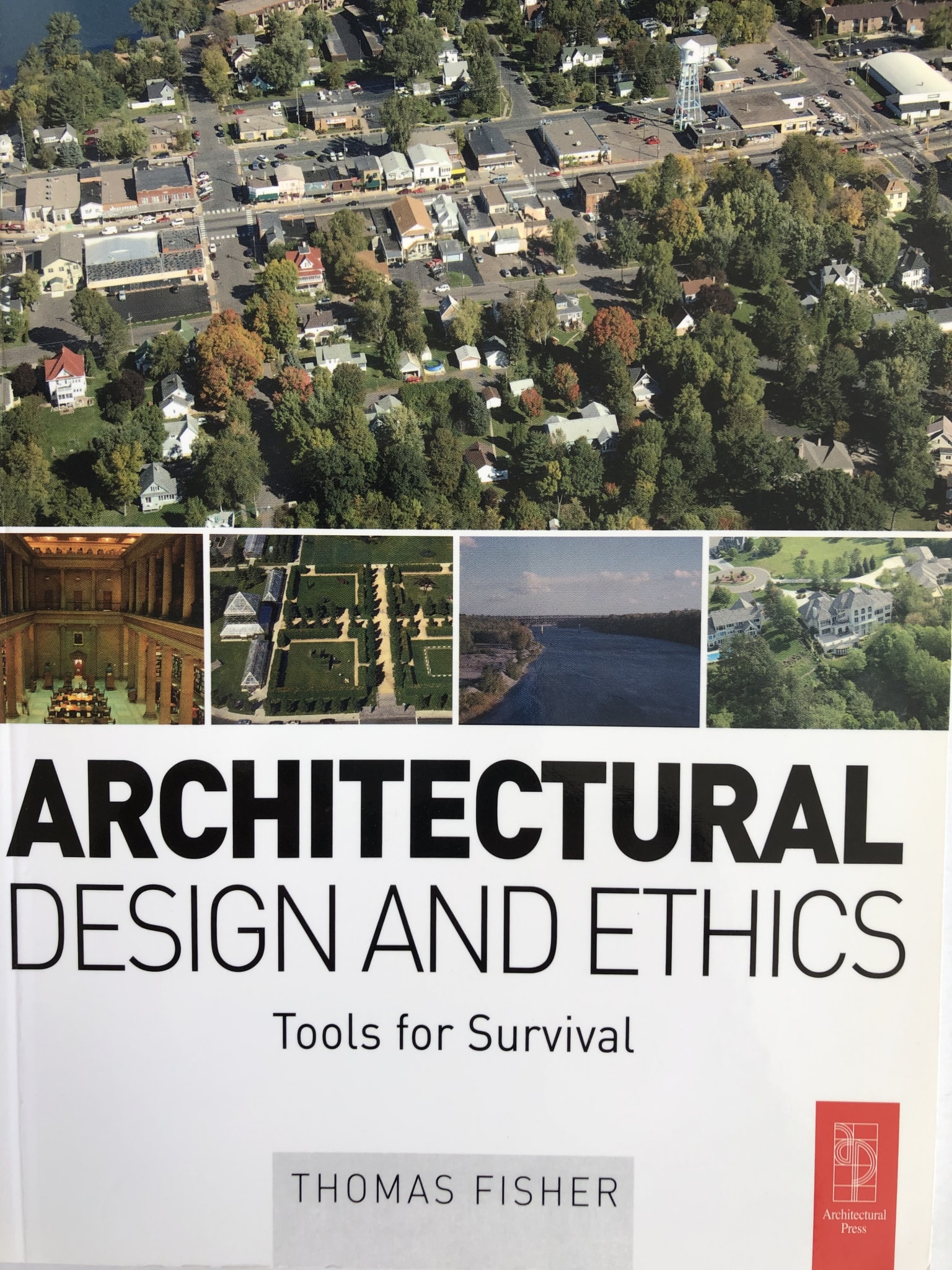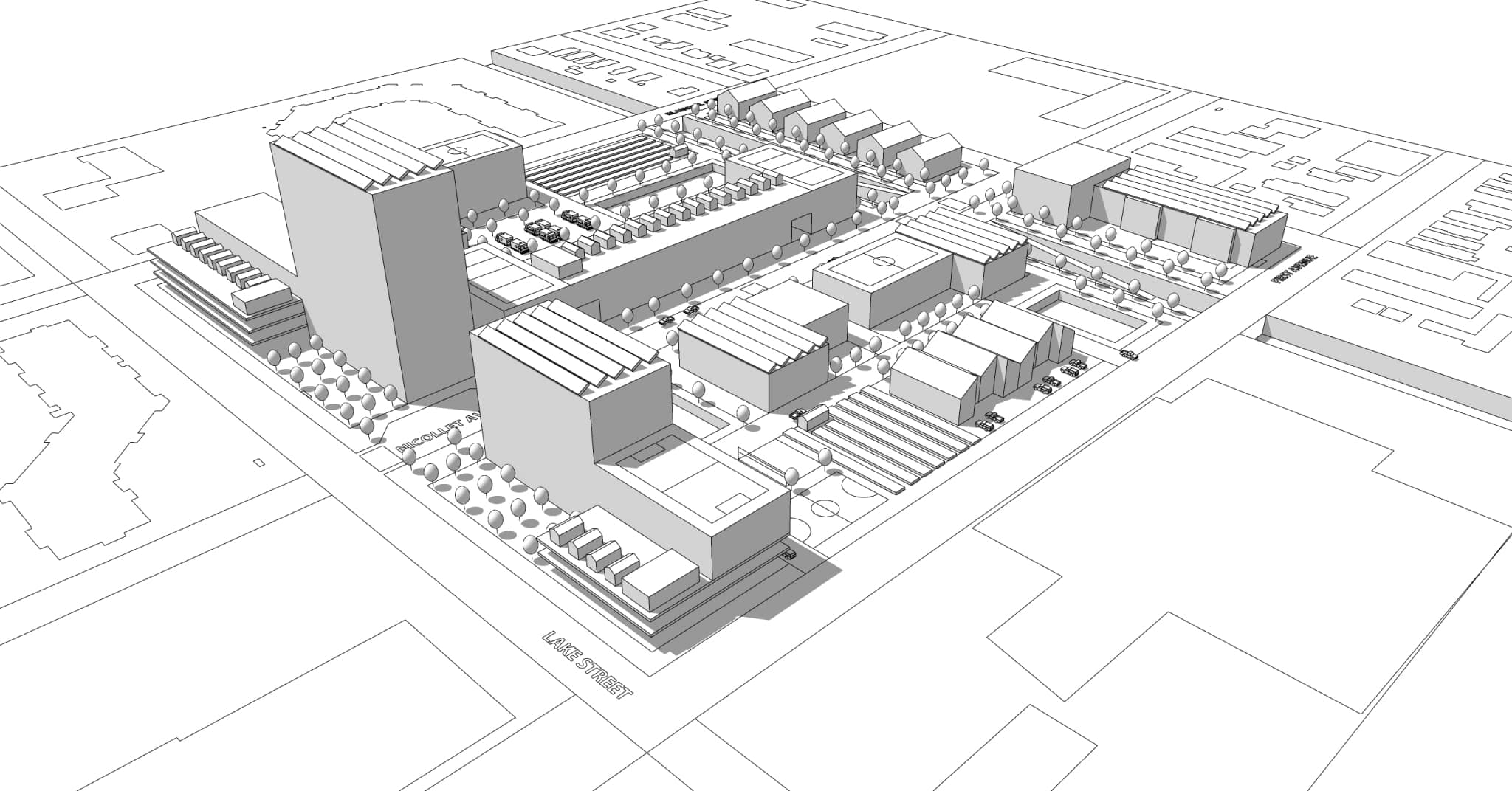2025 AIA/ACSA Topaz Medallion for Excellence in Architectural Education awarded to Thomas Fisher, Assoc. AIA
For Immediate Release:
Washington, D.C. December 13, 2024 – The Board of Directors and the Strategic Council of the American Institute of Architects (AIA) along with the Association of Collegiate Schools of Architecture (ACSA) is recognizing Thomas Fisher, Assoc. AIA, as the 2025 recipient of the AIA/ACSA Topaz Medallion for Excellence in Architectural Education.
The AIA/ACSA Topaz Medallion honors an individual who has been intensely involved in architecture education for more than a decade and whose teaching has influenced a broad range of students.

As the Director of the Minnesota Design Center since 2015, Fisher has spearheaded initiatives that focus on asset-based community development and sustainability. Under his leadership, the center has secured over $5.7 million in funding to tackle critical issues such as climate resilience, equity, and public health. His efforts include projects that reimagine urban infrastructure, such as autonomous vehicle systems and equitable streetscapes, as well as systemic redesigns like a new 911 emergency response systems framework. Beyond research, Fisher has emphasized actionable solutions for underserved communities, including launching nonprofits dedicated to addressing homelessness and digital equity and creating programs that train young people in design thinking and technology.
Before his current role, Fisher served as the Dean of the College of Design at the University of Minnesota from 1996 to 2015. During his tenure, he restructured the college to unite all design disciplines, introduced innovative public interest and product design programs, and led fundraising efforts that resulted in millions of dollars for state-of-the-art facilities and scholarships for underrepresented students. Even as an administrator, Fisher remained a dedicated educator, teaching at least one course each year. His influence in the classroom extended beyond administrative roles, as he has continued to teach full-time, guiding more than 3,000 students and supervising over 90 thesis projects.



Fisher’s contributions to architectural discourse are equally remarkable. He has authored 12 books, including The Architecture of Ethics (2019) and Designing Our Way to a Better World (2016), as well as over 630 articles and numerous book chapters. His writings explore themes such as ethics, sustainability, and design’s role in addressing pressing global issues. Recognized as one of the most published architectural academics in the United States, Fisher has shaped conversations about the profession’s responsibilities in an increasingly complex world. His work has garnered numerous accolades, including awards for both research and writing.
Fisher’s influence extends beyond academia and publishing to active leadership in professional organizations. He has served in key roles for groups such as The American Institute of Architects (AIA), the Association of Collegiate Schools of Architecture (ACSA), and the National Architectural Accrediting Board (NAAB). Through these positions, he has driven policy changes to enhance equity, streamline accreditation processes, and promote professional development. His advocacy for inclusivity and diversity is reflected in his efforts to mentor emerging leaders, prioritize hiring underrepresented groups in research initiatives, and launch programs that address systemic inequities in architectural practice and education.
Fisher’s ability to bridge disciplines is evident in his innovative research and teaching. He has collaborated with business and public policy colleagues to integrate design thinking into areas such as economics and community development. His courses have explored the intersections of ethics, architecture, and urban design, preparing students to tackle complex challenges with a holistic perspective. Many of Fisher’s students have led impactful careers worldwide, a testament to his commitment to mentorship and education.
As a public intellectual, Fisher has engaged with audiences through over 430 presentations globally, addressing topics such as architectural ethics, public health, and the future of design. His lectures and writings emphasize the transformative potential of architects to reshape society’s systems and structures. He has argued that the profession must move beyond traditional building design to address broader issues of equity, sustainability, and resilience, particularly in underserved communities.
Throughout his career, Fisher has demonstrated an unwavering commitment to innovation, equity, and systemic change. His efforts have elevated the architectural profession, emphasizing its critical role in addressing humanity’s most significant challenges. Through his leadership, teaching, writing, and advocacy, Fisher has left an indelible mark on architecture and design, inspiring future generations to build a more sustainable, equitable, and inclusive world.
Visit AIA’s website to learn more about Fisher’s selection as the 2025 AIA/ACSA Topaz Medallion recipient.

Questions
Hanifah Jones
Digital Marketing and Communications Manager
202-785-2324
hjones@acsa-arch.org

 Study Architecture
Study Architecture  ProPEL
ProPEL 